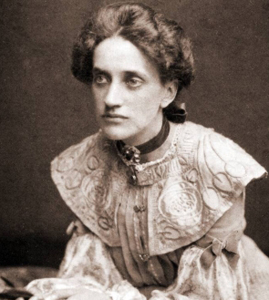A Quote by Melvyn Bragg
In the 40 or so years I've known David Puttnam, not only has he pursued an outstanding career in films and now politics, but he has been the keeper of the flame of the British film industry.
Related Quotes
People say, "How do you get into the British film industry?" There is no British film industry, there are just people making films and finding their own way. It's not like in the States where there are studios and there's an actual infrastructure to it; there's just nothing here. You make it from scratch a lot of the time.
I think now you see a lot more British films from the perspective of, I guess what would be considered "new" British people - people of color, Asian people. I think that's what's happening now, whereas 20 years ago it couldn't happen because it was still predominantly, "British film is about middle-class white families and what they do."
The problem with the British film industry is that it's really the American film industry, or a small branch of in lots of ways because of the common language. But it's great to see some individual voices still there. I think I probably gravitate towards a slightly more European, auteur model rather than the studio thing. I think it would be great if British films were a little bit more auteur driven.
I guess people feel that if you're working with good directors and are known in the Hindi film industry, then you won't work in South films. However, I believe that films have no boundaries of language, religion, or cast. If it's a good script and a good director, I can do a film in Spanish as well.
Filmmakers need to give the audience that something extra, an incentive to spend money and go to the multiplex - the ticket prices are high. Otherwise they'd just stay home, buy DVDs or download movies. But if there were only big budget movies it would be impossible for the film industry to survive. So I emphasize the importance of mid-range films. But those films need the support of theatre owners. The theatre chains have to have the vision to realize the need to support smaller films for the growth of the domestic film industry.
































